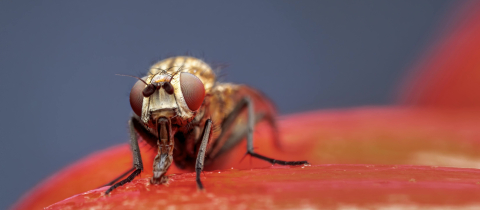Chili powder is at the heart of Mexican cuisine and finds its way into numerous foods ranging from candies and salsa to fried grasshoppers. Unfortunately sometimes lead finds its way into the chili powder, occasionally in amounts high enough to cause toxicity, especially in children. This was discovered when routine testing of foods in California revealed high levels of lead in candies sold in Hispanic neighbourhoods. These spicy candies, imported from Mexico, were made with guajillo chilies, but the source of lead was a mystery. An investigation was in order because in some cases the lead content was way more than the permissible level of 0.2 parts per million. Lead is an insidious poison, with even small amounts capable of causing kidney damage, behavioral problems and learning disabilities. Children are especially sensitive because lead accumulates in their still-developing skeletal and nervous systems. The problem of lead toxicity eased with the banning of lead-based household paints in 1978 and leaded gasoline in 1986, but other environmental sources of lead remain, such as the unusual case of chili peppers. Where was the lead coming from? Investigators found two sources. When chilies are dried, they are spread out on concrete slabs where they are exposed to dust and dirt. Many soils contain naturally occurring lead compounds, which may become a problem if they are concentrated. That is just what happened in the case of the peppers, which were never cleaned before being ground up into chili powder. But a secondary source was even more disturbing. Since farmers sell their chili peppers in burlap sacks to millers by weight, they sometimes add scrap metal, including lead, to increase the weight. The millers will use magnets to remove the scraps but lead is not attracted to magnets. Chilies destined for foreign sales are cleaned, but apparently producers take many shortcuts with the local Mexican market and it was candies produced for local consumption that found their way across the border into California, hence the warning about candies and fried grasshoppers. Salsa was not a problem because in the manufacturing process the chili is sufficiently diluted.
Because of worry about contamination with lead!







